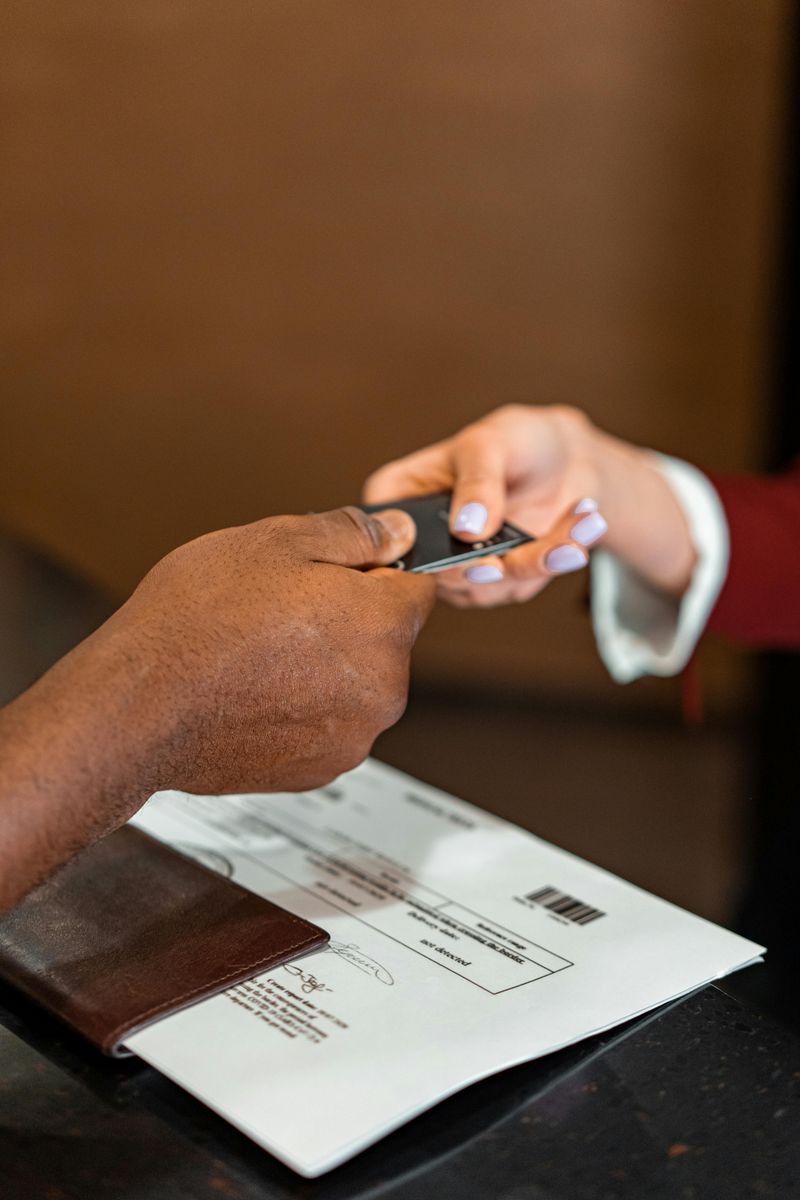If Only They Taught These 15 Things in School, Adulting Would Be So Much Easier

School teaches us how to solve equations, memorize dates, and label the parts of a cell—but it doesn’t always prepare us for life. Sure, algebra and Shakespeare have their place, but when it comes to paying bills, setting boundaries, or managing your emotions? You’re mostly on your own.
Most adults eventually learn these lessons the hard way—usually through trial, error, and a few expensive mistakes. The truth is, life skills aren’t “extras.” They’re the foundation for a happy, functional, and financially stable adulthood.
1. How to Manage Your Money

Money is one of those topics that should be simple but somehow isn’t. You leave school knowing how to calculate the circumference of a circle but not how to balance a budget or build savings. Most of us learn through overdraft fees and credit card statements.
If schools taught budgeting, interest, and how to actually read a paycheck, we’d all be miles ahead. Imagine if teenagers understood the magic of compound interest instead of discovering it by accident in their thirties.
Financial literacy doesn’t mean becoming a Wall Street pro—it means knowing how to make your money work for you. Saving, investing, and spending wisely could change lives faster than any history lesson ever could.
2. Emotional Intelligence

Navigating emotions is as essential as reading and writing. Yet, no one teaches us how to manage anger, disappointment, or anxiety. We’re expected to “figure it out,” which often leads to misunderstandings and emotional burnout.
Emotional intelligence helps people understand both themselves and others. It’s what allows you to handle conflict gracefully, listen actively, and react thoughtfully instead of impulsively.
If it were taught in schools, kids might grow into adults who communicate better, have healthier relationships, and bounce back faster from life’s rough patches. EQ matters just as much—if not more—than IQ.
3. How to Communicate Effectively

Being able to express yourself clearly can open more doors than any diploma ever will. From job interviews to relationships, communication shapes nearly every part of life.
The problem is, many people were never taught how to actively listen or disagree respectfully. We stumble through adult life misreading tone, overusing emojis, and struggling to say what we really mean.
If communication skills were a required subject, people would be better equipped to handle everything from awkward conversations to serious negotiations. Words can build bridges—or burn them.
4. How to Deal With Failure

Failure hits hard when you’ve been taught that grades define your worth. School rewards perfection, but life rewards persistence.
Learning that mistakes are just stepping stones would make adulthood a lot less terrifying. Real success stories often start with a long list of things that didn’t work out.
If students understood that setbacks are part of growth, they’d face challenges with courage instead of fear. Failing doesn’t mean you’re finished—it means you’re learning.
5. Basic Home Repairs

There’s a certain panic that sets in the first time your sink clogs or your power goes out. Many adults freeze because no one ever taught them what to do.
Knowing how to handle simple repairs—changing a light fixture, fixing a leaky faucet, patching a wall—can save hundreds of dollars and tons of stress.
It’s not about becoming a professional handyman; it’s about self-sufficiency. A little know-how goes a long way when you own or rent a place.
6. How to Build (and Keep) Good Credit

Your credit score quietly dictates your adult life—from renting an apartment to buying a car. Yet, most people don’t even know how it’s calculated until it’s too late.
If schools explained credit utilization, interest rates, and the power of paying bills on time, fewer people would end up trapped in debt.
Understanding credit early gives you financial freedom later. It’s the difference between getting approved for what you want and being denied for what you need.
7. How to Cook Simple, Healthy Meals

Cooking isn’t just about feeding yourself—it’s about independence. Fast food and frozen dinners might be convenient, but they’re expensive and unhealthy over time.
Learning to make a few basic meals could save thousands each year. Plus, there’s something empowering about knowing you can create a good dinner from whatever’s in your fridge.
Cooking classes in school could teach students budgeting, nutrition, and creativity all at once. It’s one of those rare skills that pays off in health and happiness.
8. How to File Taxes and Understand Paychecks

Taxes are the one test you can’t avoid, yet no one explains how they work. Most people just cross their fingers and hope they’re doing it right.
Understanding deductions, withholdings, and how to maximize your refund would eliminate a lot of stress every April.
Knowing what’s on your paycheck—like where your money actually goes—makes you a smarter, more confident employee.
9. Time Management and Productivity

Time feels endless in school but scarce in adulthood. Balancing work, rest, and goals takes skill—not luck.
Without time management, everything feels like a crisis. You end up overwhelmed, burned out, and constantly behind.
Teaching students how to prioritize, plan, and protect their time could help them thrive instead of just survive. Efficiency isn’t about doing more—it’s about doing what matters.
10. Conflict Resolution and Boundaries

Arguments are inevitable, but few of us know how to handle them constructively. Many people either explode or shut down completely.
Conflict resolution teaches how to listen, validate, and find solutions without losing your temper or your dignity.
Healthy boundaries, on the other hand, protect your peace. Together, they create better friendships, workplaces, and marriages.
11. Mental Health Awareness

Mental health isn’t a “nice-to-have”—it’s fundamental. Yet, schools rarely talk about how to manage stress, anxiety, or depression.
If students learned early how to care for their minds like they do their bodies, we’d have a healthier society overall.
Normalizing therapy, mindfulness, and emotional check-ins would help countless people before crises even begin.
12. Critical Thinking and Media Literacy

We’re constantly bombarded with information, but not all of it’s true. Learning to question sources and spot manipulation is essential in the digital age.
Critical thinking empowers people to make decisions based on facts instead of feelings or viral trends.
If schools emphasized this skill, misinformation would lose its power—and people would gain their independence back.
13. Negotiation Skills

Negotiation isn’t just for boardrooms—it’s for rent, salaries, and even relationships. Yet most of us were never taught how to ask for what we deserve.
Good negotiation is about confidence, preparation, and respect. It’s knowing your value and not being afraid to state it.
Teaching negotiation early would create a generation that doesn’t settle for less—financially or emotionally.
14. Basic Legal Rights and Responsibilities

Most adults sign contracts, leases, and agreements without fully understanding them. Legal knowledge shouldn’t be a mystery.
If schools taught basic laws about employment, tenants’ rights, and personal liability, people could avoid a lot of unfair situations.
Knowledge really is power—especially when it protects you from being taken advantage of.
15. How to Build Healthy Relationships

Relationships shape our lives more than any subject ever could. Yet, no one teaches what healthy love, respect, or communication actually look like.
Learning early about empathy, trust, and boundaries could prevent so many broken hearts and toxic patterns later on.
Healthy relationships—romantic, platonic, or professional—are built on understanding, not just attraction or convenience. That’s a life lesson worth studying.

Comments
Loading…